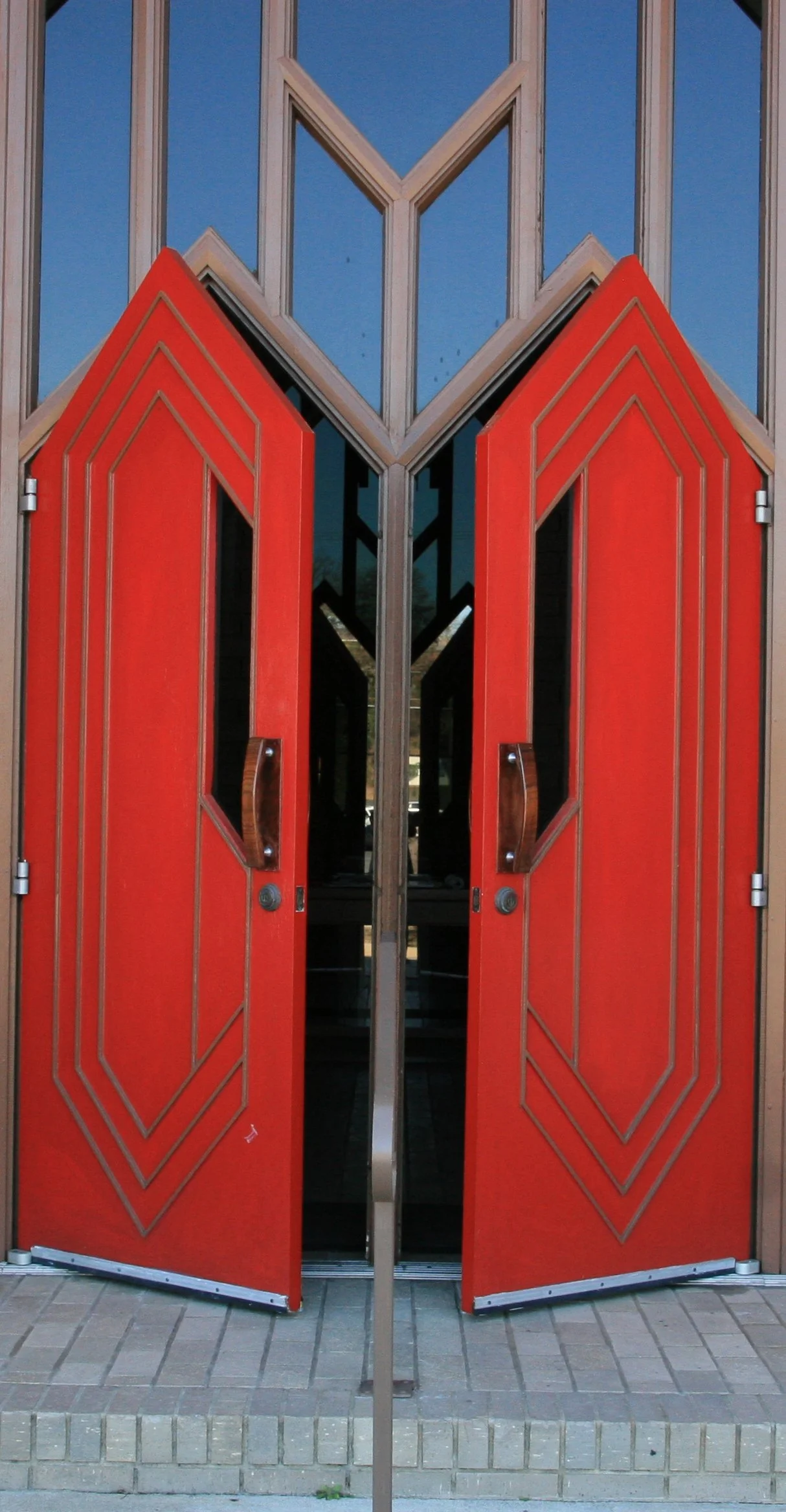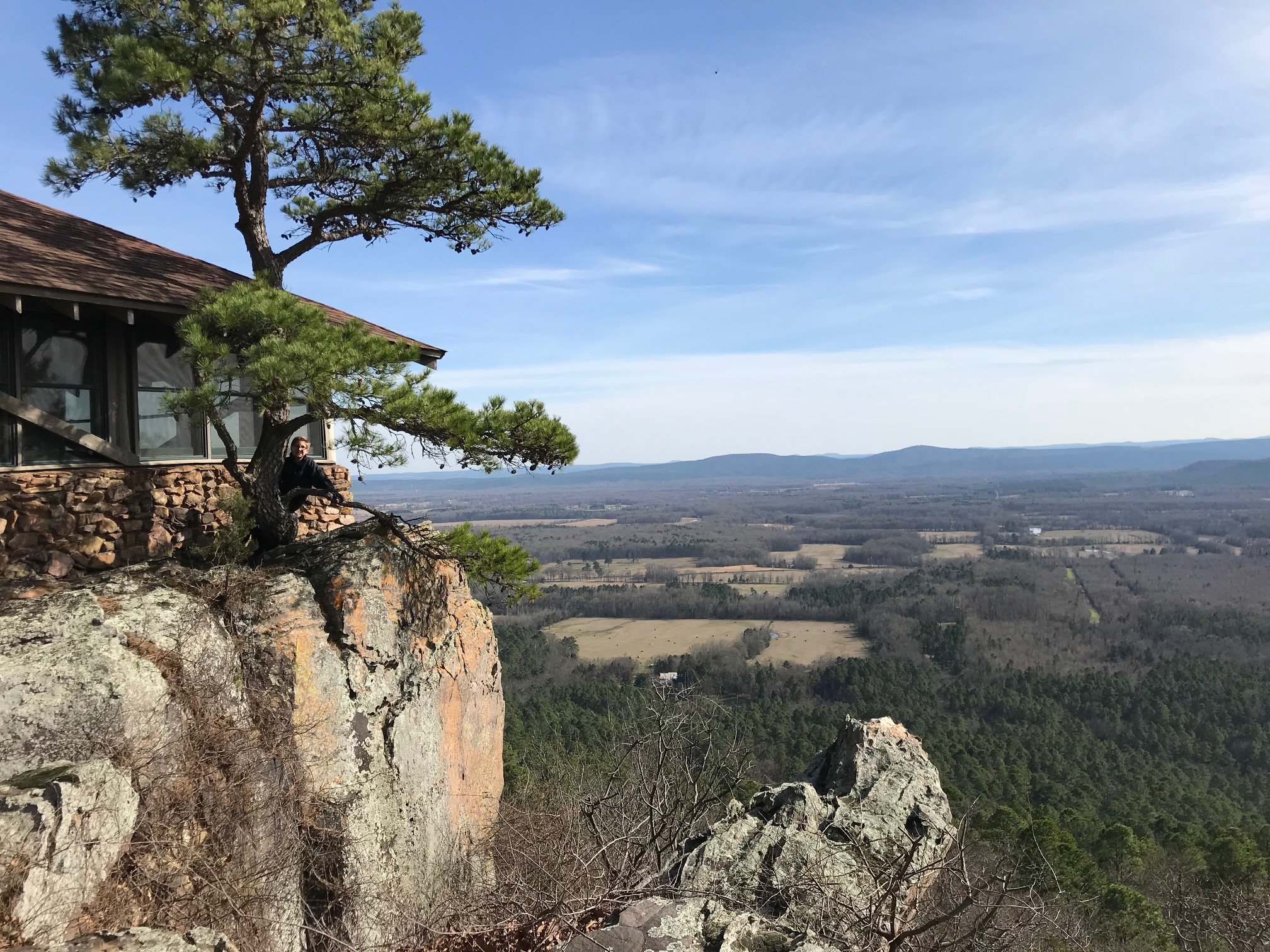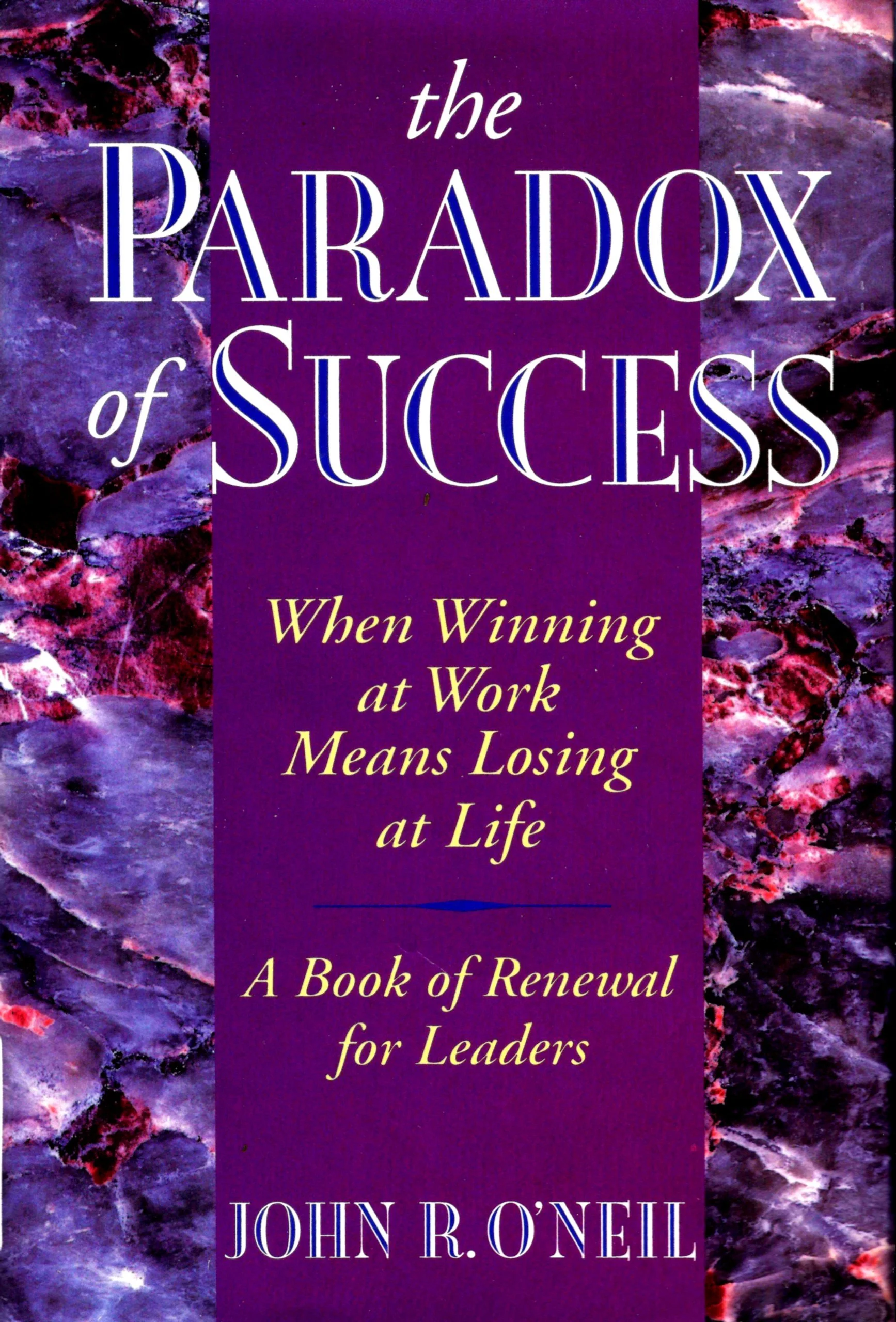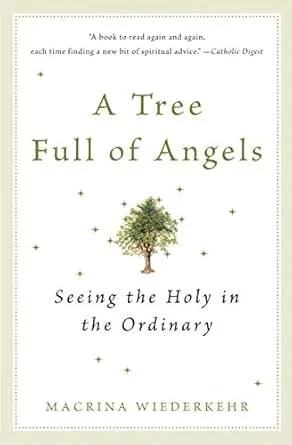Parker Palmer: Seeking Sanctuary in Our Own Sacred Spaces
“Sanctuary is wherever I find a safe space to regain my bearings, reclaim my soul, heal my wounds, and return to the world as a wounded healer. It’s not merely about finding shelter from the storm: it’s about spiritual survival. Today, seeking sanctuary is no more optional for me than church attendance was as a child.” Parker Palmer, “Seeking Sanctuary in our own sacred spaces,” On Being with Krista Tippett, September 14, 2016.
Red Doors, an ancient sign of Sanctuary
We still read about churches, towns, and cities that are providing sanctuary to undocumented immigrants who now face deportation, dreamers, many who have been working, living, and raising families in our country for years. Many were our healthcare workers saving the lives of those we love during the past pandemic. They sought a better life for themselves and their families, and now fear losing all that is sacred to them.
Many who come to spiritual directors also seek a sanctuary for their sacred spaces, a spiritual life that once had been vibrant, but now may seem lost. They have lived and followed a road less traveled, but they have come to a spiritual fork in the road or perhaps a dead end.
They fear they have lost the spiritual life they once had. They are now on a path that seems undocumented. Our ministry as spiritual friends is to be a sanctuary for the soul of those who seek our trust and guidance, especially when they feel isolated from their God connection. It can be a lonely time.
We must treat as sacred this precious part of all people, that presence of God within each of us, which we can sometimes see but is blind to them or to others. We must never lose sight of the privilege or the awesomeness of being asked to care for the soul of another, especially at a vulnerable time.
This is a sacred trust, a rare chance to make a difference, just as our churches in years past and years to come have been a place of sanctuary. I am told that the red doors of some of our churches are an ancient sign of sanctuary within. When we meet with a spiritual friend, may we imagine that we are sitting together just within the sanctuary of red doors?
This calls us also to relate to other seekers in the world who need a sanctuary at this time of their life, in prayer and in person, remembering that we are all seekers and often are on an undocumented, uncharted path. We hope we will have the courage to stand, sit, sleep, work, eat, and pray beside all who need sanctuary within the red doors of our churches, minds, and hearts.
Finding a sanctuary during these difficult times is essential for our mind, body, and soul.
Camp Mitchell, a place of Sanctuary
Joanna Seibert. joannaseibert.com








